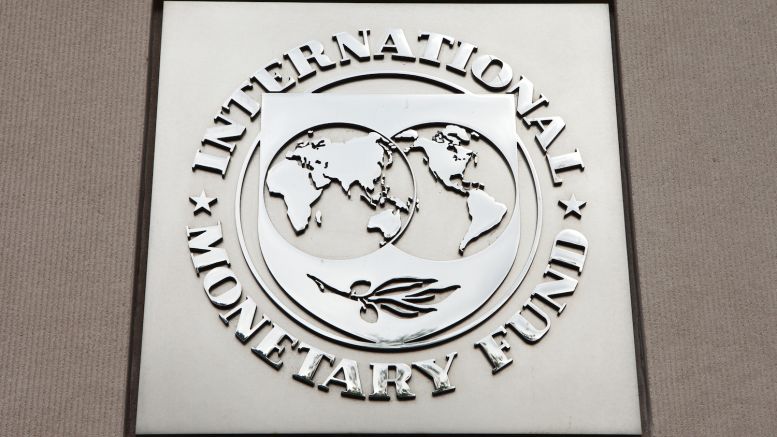
IMF Paper: Regulation Should Preserve Benefits of Digital Currency
The International Monetary Fund (IMF) has released a staff paper that examines the risks and use cases of virtual currencies such as bitcoin, recommending a balanced regulatory framework that will not stifle innovation. The report was presented by IMF Managing Director Christine Lagarde at the World Economic Forum in Davos during the panel "Transformation of Finance". Following an an overview of virtual currencies, the report goes on to look at the potential implications of the use digital currencies (a definition that includes mobile coupons and airline miles) as well as....
Related News
Mercator Advisory Group, a leading financial industry consulting firm, has released a research note on digital currency regulation worldwide. The note is titled 'Global Digital Currency Regulations: Divergent Paths' and is available for perusal for the tidy sum of $1250. Mercator has identified five different classes of digital currency regulation that have been enacted around the world that falls on a spectrum that goes from positive to negative. Tristan Hugo-Webb, Associate Director of the International Advisory Service and author of the paper, wrote: The global payments industry has....
Bitcoin was designed to be a decentralised peer-to-peer payment protocol and one that would fall outside the control of both governments and banks. This, however, has not prevented central banks from voicing their opinion on the digital currency and its potential regulation. Although bitcoin regulation continues to be a contentious subject, some central banks have said it is necessary. Others have assessed the potential costs of regulation and realised that this would not outweigh the benefits. Additionally, institutions have explored both the risks and benefits associated with the use of....
"The Federal Reserve would only pursue a CBDC in the context of broad public and cross-governmental support," said the recently published paper. The U.S. Federal Reserve is opening comments to the public after releasing a discussion paper on the pros and cons of a potential central bank digital currency.In a publication released Thursday titled “Money and Payments: The U.S. Dollar in the Age of Digital Transformation”, the Fed said it would likely not be authorized to issue digital wallets or accounts capable of holding a U.S. central bank digital currency, or CBDC, but rather leave such....
A staff working paper written for the Bank of England postulates that central bank issued digital currency (CBDC) of 30% of GDP could permanently raise GDP by as much as 3% from lower real interest rates, taxes and monetary transaction costs, according to a recently published paper. The CBDC would be issued against government bonds. The paper, “The macroeconomics of central bank issued digital currencies” by John Barrdear and Michael Kumhof, examines the macroeconomic impact of a central bank issuing electronic, national-currency-denominated and interest-bearing access to its balance sheet....
Reserve Bank of Australia is researching the potential benefits of launching a central bank digital currency. The monetary authority released a white paper outlining its goals and invited interested parties to participate with proposals and suggest pilot projects. Central Bank of Australia to Pilot CBDC Until Middle of 2023 The Reserve Bank of Australia (RBA) has set out to explore use cases for a digital version of the Australian dollar. It’s collaborating on the project with the Digital Finance Cooperative Research Centre (DFCRC), a research program funded by the government and....





